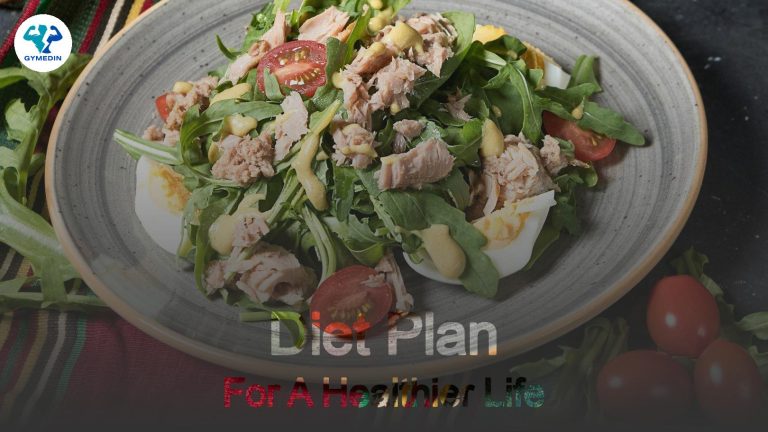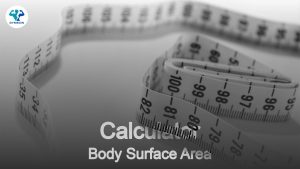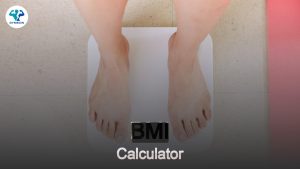Choosing the best diet plan can feel like a big task with all the options out there. You’ve got low-carb, keto, paleo, Mediterranean, and the list goes on. But don’t worry! Finding the right one comes down to picking something that suits your lifestyle and goals. We’re here to break it all down, so you can pick the best diet plan for you. Whether you’re looking to lose weight, gain energy, or just feel better overall, we’ve got you covered.
Understanding Different Diet Types
1. Low-Carb Diets
Low-carb diets are all about cutting down carbs like bread, pasta, and sugar, and focusing on protein and fats. Popular ones include keto and Atkins.
-
Keto: The ketogenic diet focuses on getting your body into a state of ketosis, where it burns fat for fuel instead of carbs. This can lead to rapid weight loss but can feel restrictive with limited carb intake.
-
Atkins: Atkins is a bit more flexible than keto. It focuses on limiting carbs but slowly adds them back over time. If you’re looking for a diet that doesn’t cut carbs completely, this could work.
2. Mediterranean Diet
The Mediterranean diet focuses on whole foods like fruits, veggies, fish, and olive oil. It’s less about cutting food groups and more about eating nutrient-rich options. It’s heart-healthy and great if you’re not into super restrictive plans.
3. Paleo Diet
If you like the idea of eating like a caveman, the paleo diet might be for you. It cuts out processed foods, dairy, and grains, focusing instead on meat, veggies, fruits, and nuts. It’s pretty simple: if it wasn’t around in the hunter-gatherer days, it’s not on the menu.
4. Plant-Based Diets
Plant-based diets are booming in popularity, and for good reason! They focus on eating mostly or entirely plants—think veggies, fruits, beans, and whole grains. Options include vegetarian and vegan diets. These are great for improving overall health and reducing environmental impact.
Choosing a Diet Based on Your Goals
1. Weight Loss
If weight loss is your main goal, low-carb diets like keto or Atkins might work for you because they can lead to quick results. However, don’t overlook more balanced plans like the Mediterranean or plant-based diets. They might not be as rapid but can be easier to stick to long term.
2. Increased Energy
Feeling sluggish? Consider the paleo or Mediterranean diets. These focus on whole, nutrient-rich foods that fuel your body with energy. You’ll likely notice a boost in how you feel after just a few days.
3. Improving Overall Health
For those wanting to boost their overall health, the Mediterranean or plant-based diets are often considered the best. They’re packed with heart-healthy fats, fiber, and antioxidants that promote longevity and well-being.
How to Stick to Your Diet Plan
Choosing a diet is just the beginning. Sticking to it? That’s the real challenge! Here are a few tips to make sure you don’t fall off track:
-
Make Gradual Changes: Don’t try to overhaul your diet overnight. Instead, start by making small adjustments—swap white bread for whole grain, or add an extra serving of veggies to your meals.
-
Meal Prep: This is a big one! Set aside time on Sundays (or any day that works) to prepare meals for the week. This prevents you from reaching for unhealthy options when you’re hungry.
-
Find Healthy Alternatives: Craving something sweet? Try fruit or dark chocolate instead of cookies. You’ll still satisfy your sweet tooth without blowing your diet.
-
Stay Hydrated: Water is key! Sometimes thirst can feel like hunger, leading to overeating. Carry a water bottle with you to stay hydrated throughout the day.
Navigating Through Diet Trends
1. Fad Diets vs. Sustainable Diets
There are always new diet trends popping up—juice cleanses, detox diets, and more. While these might promise quick results, they’re usually not sustainable long-term. You want to pick a diet that you can stick with for months or even years. The best diet plans are ones that fit seamlessly into your life without feeling like a punishment.
2. Personalization is Key
Remember, there’s no one-size-fits-all diet plan. What works for your best friend might not work for you, and that’s okay. If you try a diet and it doesn’t feel right, don’t be afraid to switch things up. Listen to your body and choose a plan that makes you feel good inside and out.
Why Balance Matters
When choosing the best diet, balance is crucial. Diets that cut out entire food groups can lead to nutritional gaps. You want something that gives you a range of vitamins and minerals, keeping you healthy while still helping you reach your goals.
1. The 80/20 Rule
A good rule to live by is the 80/20 rule. Eat healthy, whole foods 80% of the time, and leave 20% for indulgences. This way, you won’t feel deprived, and you’ll still stay on track.
2. Don’t Forget Exercise
Diet alone isn’t enough. Pair your diet with regular exercise to see even better results. Whether it’s walking, biking, or hitting the gym, staying active is a game-changer.
Final Thoughts: Finding Your Best Diet Plan
The best diet plan isn’t about following the latest trend. It’s about choosing something that works for you, fits your lifestyle, and helps you reach your goals. Whether it’s losing weight, boosting energy, or just eating healthier, the right plan will leave you feeling better, not worse.
So, whether you’re all in on keto, loving the Mediterranean diet, or going full plant-based, the key is to find something sustainable that makes you feel your best. Stick with it, stay active, and don’t forget to enjoy the process!
FAQs Section
1. What’s the best diet for quick weight loss?
Low-carb diets like keto and Atkins can help you lose weight quickly, but they can be tough to stick to long-term.
2. Can I still eat carbs and lose weight?
Yes! Diets like the Mediterranean and plant-based diets allow carbs in moderation while promoting weight loss.
3. How important is meal prep?
Meal prep is super helpful for staying on track. It prevents those last-minute unhealthy choices when you’re hungry.
4. Do I need to work out on a diet?
Exercise helps you see faster results and boosts your overall health. It’s not required, but it sure helps!





